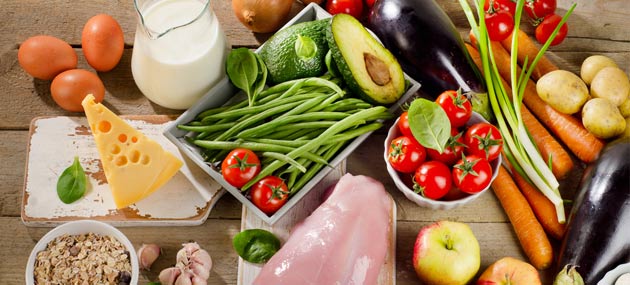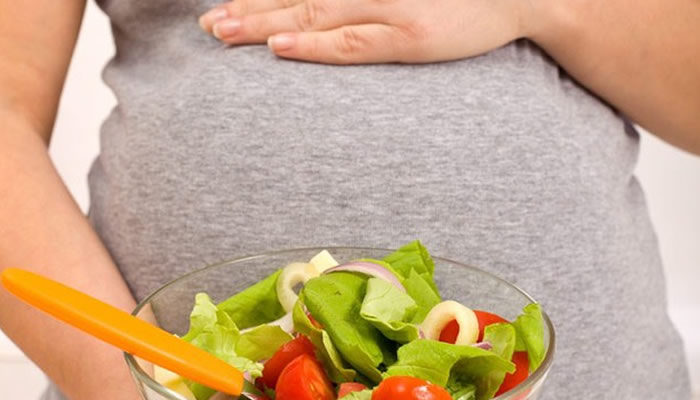Nutrition Tips for Expecting Mothers
Health starts in the womb. Good nutrition is very important during pregnancy because pregnant women have a higher need for nutrients to support the immune system. Ensuring you are eating healthy during pregnancy can improve birth outcomes and baby’s overall health. You can jump start your health and ensure your baby’s health for a lifetime by following these tips below.

Eat nutrient dense foods.
Eat a wide variety of foods from all the food groups; fruits, vegetables, grains, dairy, and proteins.
Choose foods that are higher in vitamins. Vitamins that support pregnancy are A, C, D, E, and K – which are all great antioxidants. According to the US Library of National Medicine, supplementation during pregnancy reduces the risk of premature delivery and low birth weight.
Folates and folic acid can also be beneficial for pregnant women. Green leafy vegetables are full of folates and make a great source for the nutrient. Folates are also found in fruits and grains. Folates and folic acids are especially important for breastfeeding women. Folic acid ca be taken as a supplement. These vitamins can reduce birth defects and developmental problems.

Choose Healthy Fats & Healthy Carbs.
Fats and carbs are good sources of nutrients during pregnancy but it’s important to stay away form empty cards and saturated fats. Non-saturated fats are a great choice and are found in fish, olives, nuts, and avocados. Try to have healthy fats at each meal. Complex carbs are also key in healthy nutrition during pregnancy. A large source of energy for the body during pregnancy will come from carbohydrates found in breads and grains. A great nutritional diet to follow during pregnancy is the Mediterranean diet that is rich in healthy fats, nutritious vegetables.

Stay away from toxic foods and environments.
Avoid added sugars and saturated fats. And of course, avoid alcohol and smoking during the entire pregnancy and while breast feeding. Even small amounts of drinking can cause serious birth defects and developmental problems for your child.
Although high amounts of caffeine has been proven to be dangerous to pregnant women, it is generally recommended to drink no more than one cup of coffee per day.
It’s also good to know that obesity or being underweight can cause complications during pregnancy. If you need help with weight loss or weight management I offer programs that can help to get you into a healthy weight if you are pregnant or thinking of becoming pregnant in the near future. I also offer food intolerance testing and counseling that can get you feeling the best and the healthiest version of you so you can prepare your body for the greatest miracle, pregnancy and childbirth. Contact me today to set up an initial consultation on more information on getting healthy for pregnancy.
Sources:
USDA Tips for Pregnant Moms – https://wicworks.fns.usda.gov/wicworks//Topics/PregnancyFactSheet.pdf
USDA Choose My Plate – https://www.choosemyplate.gov/nutritional-needs-during-pregnancy
Maternal Diet and Nutrient Requirements in Pregnancy and Breastfeeding – https://www.ncbi.nlm.nih.gov/pmc/articles/PMC5084016/
Nutrition Recommendations in Pregnancy and Lactation – https://www.ncbi.nlm.nih.gov/pmc/articles/PMC5104202/
US Department of Health – https://www.nichd.nih.gov/health/topics/preconceptioncare/conditioninfo/healthy-pregnancy
American College of Obstetricians and Gynecologists – https://www.acog.org/~/media/For%20Patients/faq001.pdf?dmc=1&ts=20130422T1202590495

